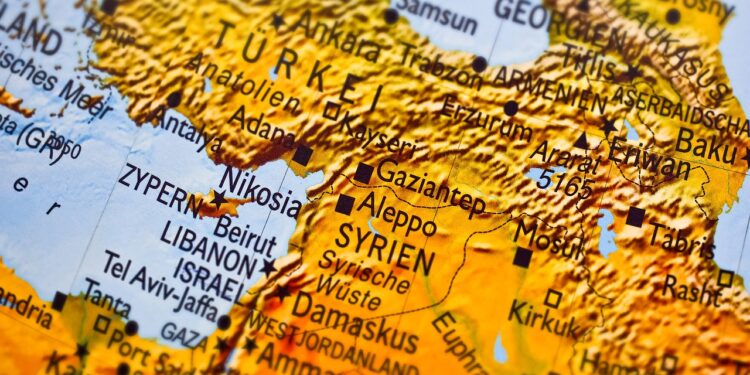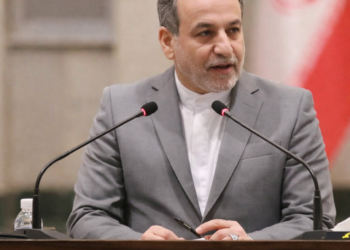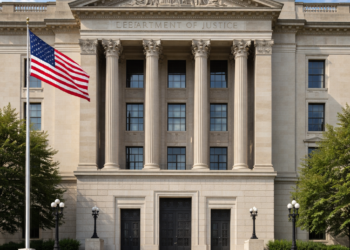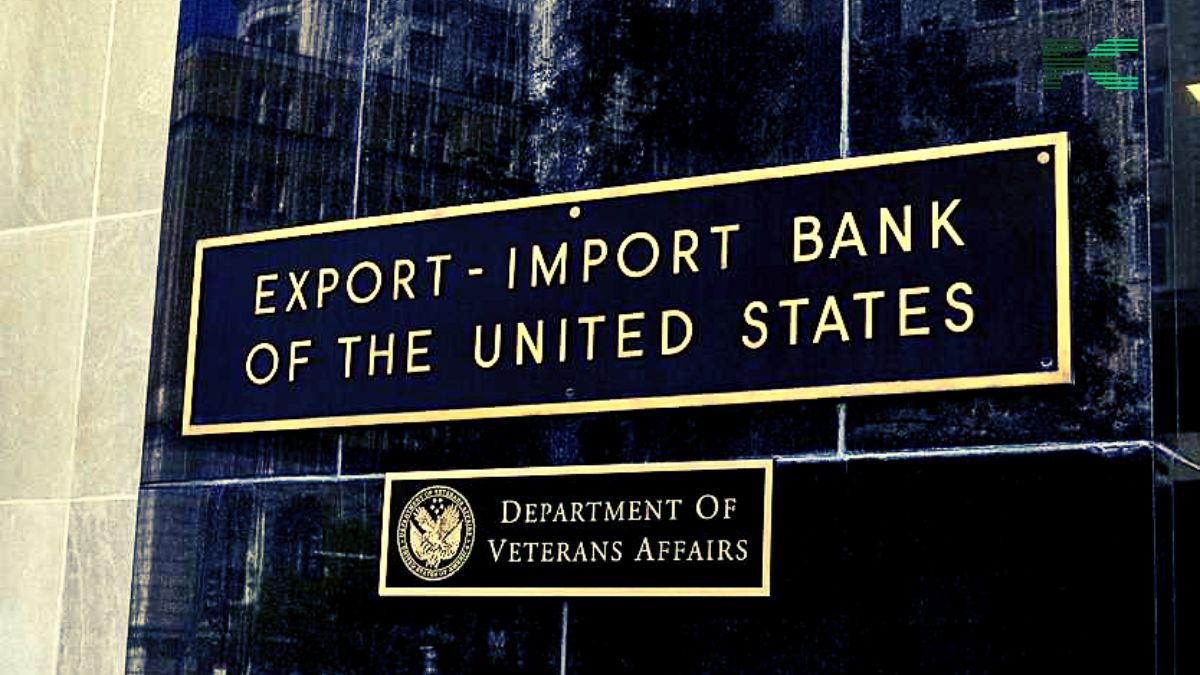In a dramatic resurgence of Syria’s long-standing civil war, opposition forces have claimed much of Aleppo, the nation’s second-largest city, in a swift and decisive offensive. This marks the first time the rebels have stepped foot in Aleppo since its recapture by government forces in 2016, signaling a significant challenge to President Bashar al-Assad’s hold on power.
A Lightning Advance
The rebel coalition, operating under the newly formed Military Operations Command, launched an unexpected assault this week, rapidly sweeping through villages east of Aleppo. Their advance left dozens of government soldiers dead and overturned years of relative stalemate in the region. By Saturday morning, the rebels had taken control of large portions of the city, footage analyzed by CNN confirmed.
Videos circulating online showed fighters raising opposition flags and chanting “God is great” in Aleppo’s central square. Another clip captured them at the iconic citadel in the city center, with one rebel declaring, “We are the first to arrive and the first to conquer.”
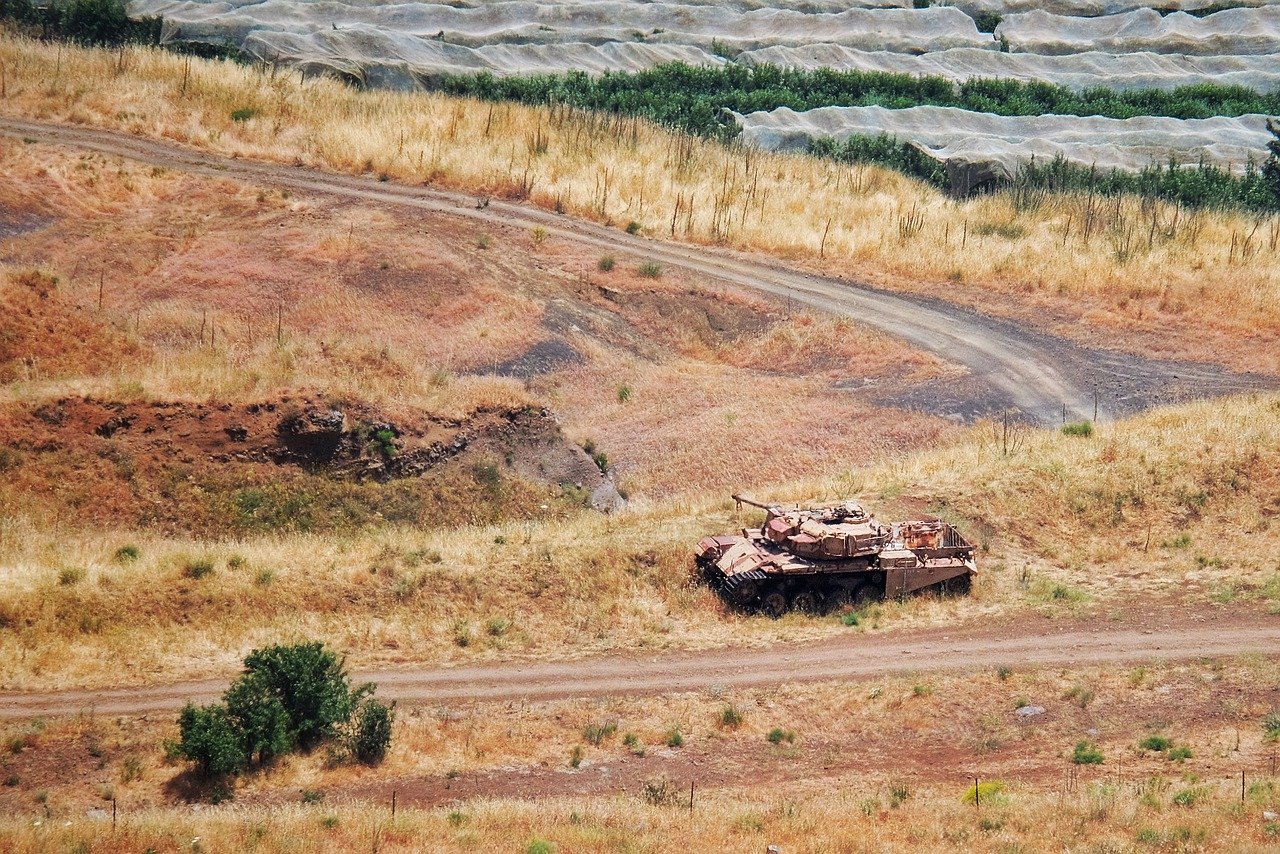
Despite their rapid progress, northeastern Aleppo remains under the control of government forces and their Iranian militia allies.
Curfew Declared Amid Chaos
To consolidate control and prevent disorder, the rebels announced a 24-hour curfew starting Saturday evening. They stated the measure was necessary to protect civilians and safeguard property from potential looting or harm.
Syria’s Defense Ministry acknowledged the rebel advance but downplayed its significance, claiming that opposition forces had failed to establish solid positions. Reinforcements, they added, were en route for a counteroffensive. Meanwhile, unverified reports suggest the rebels may have seized control of the city’s airport.
Minimal Resistance, Mounting Casualties
Eyewitnesses in Aleppo reported surprisingly little resistance from Syrian army forces, with minimal clashes occurring in urban areas. However, the calm was shattered by a Russian aerial offensive targeting opposition positions in Aleppo and neighboring Idlib province.
A strike in the city’s western region on Saturday left multiple casualties, with graphic video showing at least seven bodies and several people suffering from severe burns. It remains unclear whether the strike was carried out by Russian or Syrian aircraft.
Kurdish Forces Gain Ground
As the rebels advanced, Kurdish fighters from the YPG militia seized the opportunity to expand their hold on Aleppo. Previously confined to two Kurdish-majority neighborhoods, the YPG has now moved into areas formerly controlled by the Assad regime.
However, tensions between the Kurdish militia and rebel factions have already sparked violence. Video footage confirmed at least one clash on Saturday between Kurdish forces and members of the rebel alliance. Some within the rebel coalition have signaled intentions to push against Kurdish-controlled territories in northern Aleppo province.
A Fragile Coalition in a Shifting Landscape
The rebel forces, comprising both Islamist factions and moderate groups previously backed by the United States, are operating under a fragile alliance.
Their offensive was reportedly spurred by escalating attacks from Assad’s forces and Iranian militias. Yet, the timing appears strategic, as Syria’s allies face external pressures: Russia is preoccupied with its war in Ukraine, and Iran is grappling with Israeli strikes on its assets and proxy networks.
Decades of Conflict Resurface
This renewed conflict underscores the enduring volatility of Syria’s civil war, which erupted in 2011 during the Arab Spring. What began as a pro-democracy uprising against Assad quickly descended into a brutal war. Over a decade later, more than 300,000 civilians have perished, and millions remain displaced across the region.
Although a 2020 ceasefire had largely frozen frontlines, this offensive shatters the fragile peace. For Assad, the loss of Aleppo—a city he fought hard to reclaim—would mark a severe blow to his regime. For the rebels, it represents a fleeting opportunity to reassert their presence in a war that many believed had reached a quiet impasse.
As airstrikes continue and alliances shift, the question remains: Can either side sustain this renewed fight, or will Aleppo once again become a devastating battleground?

